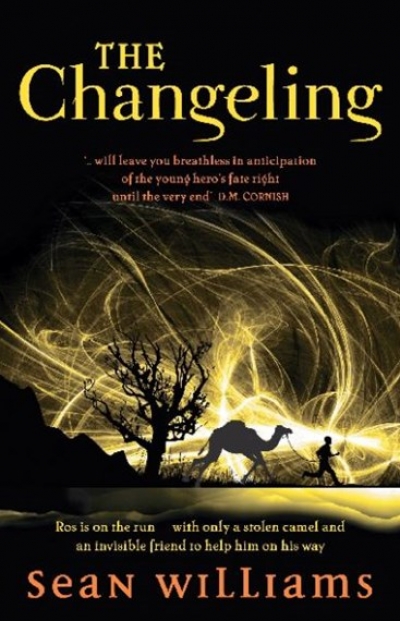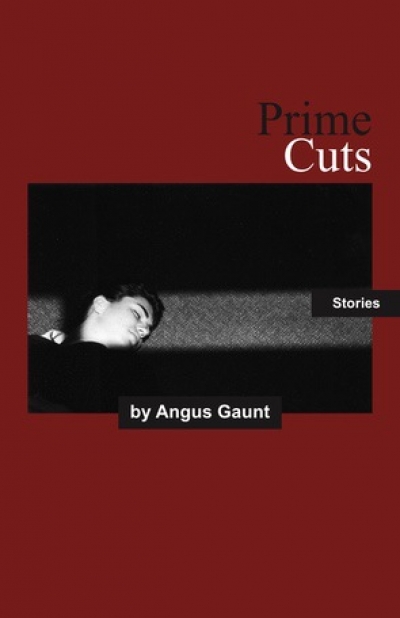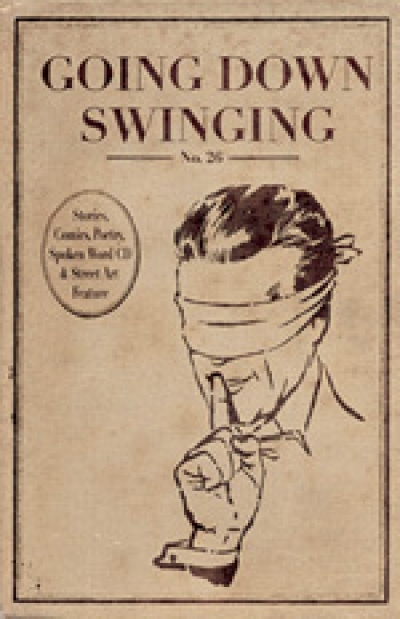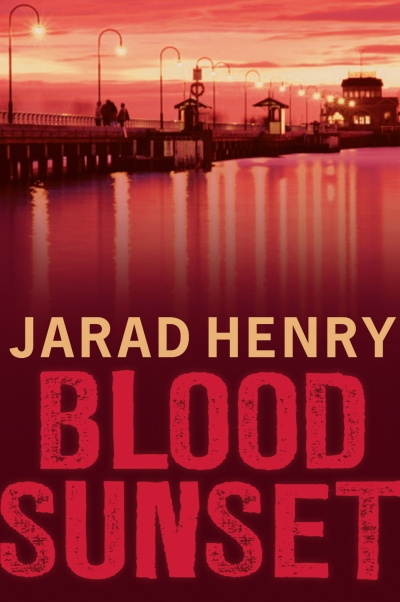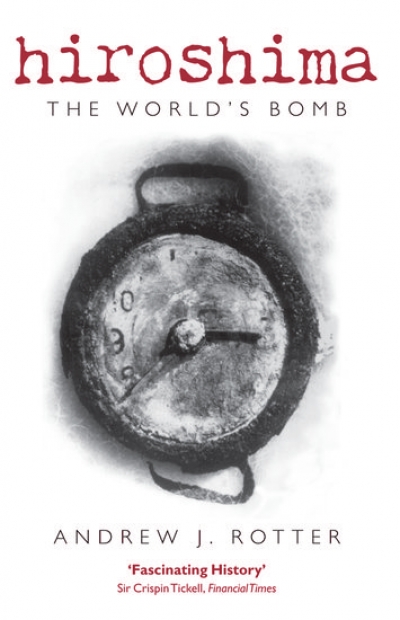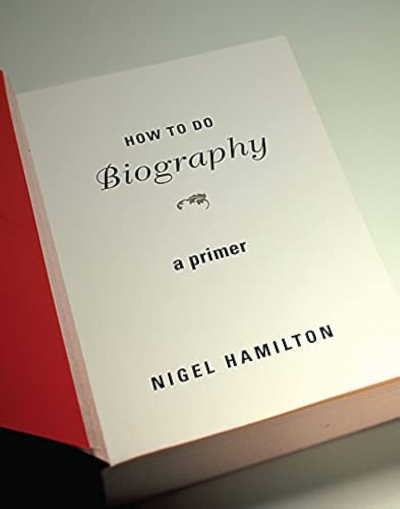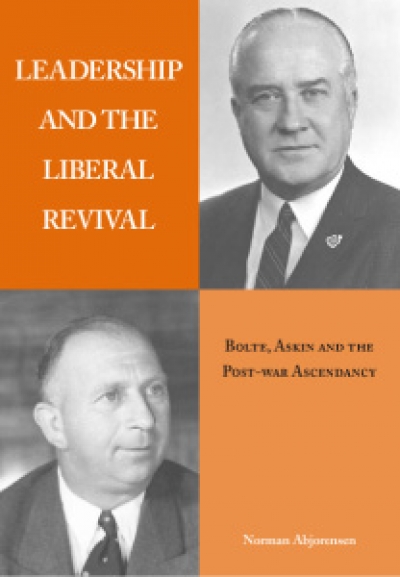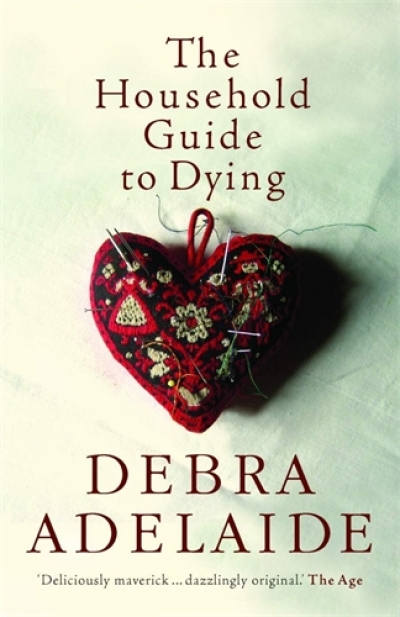Archive
Going Down Swinging: No. 26 edited by Steve Grimwade and Lisa Greenaway
by Andrew Burns •
And midway through the first course
of pickled fish in the restaurant
by the river that night
slid a black on black
barge
under the brilliantly lit
bridge
Leadership And The Liberal Revival: Bolte, Askin and the post-war ascendancy by Norman Abjorensen
by Don Aitkin •

